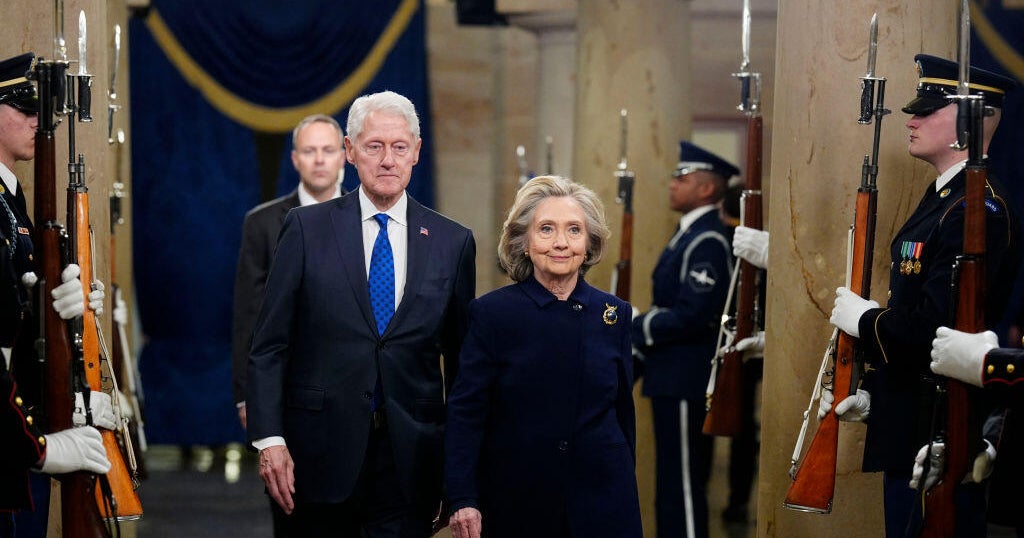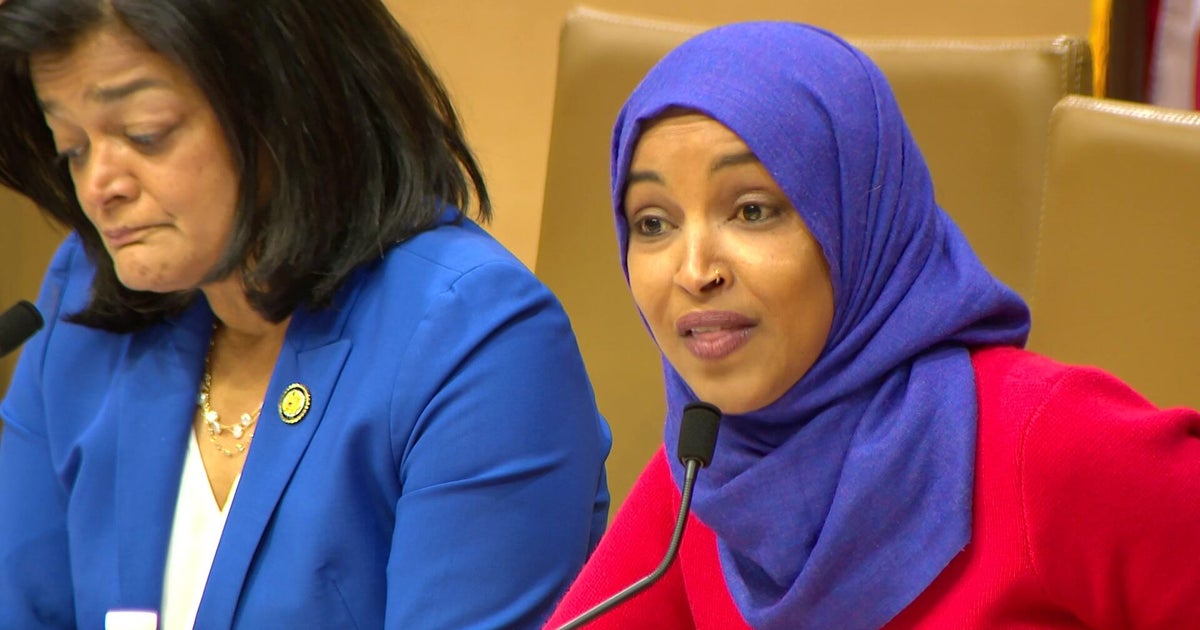Former law clerk alleges late federal judge sexually harassed her
Washington — A former law clerk, Olivia Warren, appeared before Congress Thursday to testify that she had been sexually harassed by a federal judge on the 9th Circuit, Judge Stephen Reinhardt, in 2017 and 2018.
"Mainly, he suggested I was horrifically unattractive. He questioned whether my husband could be real, given how unlikely it seemed to him that any man could ever be attracted to me. He speculated that if my husband in fact existed he was doubtless a 'wimp' or gay," she testified.
"He told me that women were liars who could not be trusted, and he surmised the allegations of sexual harassment that came out against people like Louis C. K. and Harvey Weinstein were made by women who had initially 'wanted it' and then changed their minds."
According to her written testimony, when she attempted to report the misconduct to the Office of Judicial Integrity, she said she faced "systemic barriers to reporting harassment and misconduct by judges that are unique to the legal profession."Warren alleged that Reinhardt kept a shelf with photos of "female 'pretty' clerks" and frequently made disparaging statements about her physical appearance.
In her statement, Warren said she didn't intend "to destroy Judge Reinhardt's legacy, to erase his significant contributions to the law, or to condemn him."
But under current law, employees of the federal judiciary system are not protected from sexual harassment usually afforded by Title VII of the Civil Rights Act of 1964, the Age Discrimination in Employment Act of 1967, or the Americans with Disabilities Act of 1990.
Warren and fellow witnesses made a plea for a cultural change in the federal judiciary system and called for more protections to be put in place.
Reinhardt, considered a liberal lion of the court, died in 2018 and was a colleague of Judge Alex Kozinski who retired from the bench in 2017 after more than a dozen women alleged he had subjected them to inappropriate sexual content.
After the accusations against Kozinski, Supreme Court Chief Justice John Roberts used his 2017 annual report to call for an evaluation of sexual misconduct policies in the federal judiciary and created a task force to further examine the problem. The Judicial Conference approved new policies in March 2019 that require judges and judiciary employees to report misconduct.
Deeva Shah, the founder of Law Clerks for Workplace Accountability, called for further action from Congress to ensure that "there are clear reporting procedures and there are clear guidelines for what kind of conduct is covered."
"As long as members of the judiciary continue to believe that these issues are non-existent or isolated, then these changes will not occur on a broader scale," Shah said.
Shah said that some students, who are not as well-connected to "whisper networks" that exist among certain groups of law students, have no knowledge or warning about the possibility of inappropriate behavior by some federal judges and may then be more likely to accept clerkships with them.
Dahlia Lithwick, a senior legal correspondent at Slate, and Chai R. Feldblum, a partner at Morgan, Lewis & Bockius, argued that the culture of power imbalances starts at the law schools, noting that there are committees at law schools that help law students obtain clerkships. They suggested such committees should also provide law clerks with the opportunity to report harassment incidents.
"So, not only can law schools be part of the solution but if they don't reckon with this, they can be part of the problem," said Lithwick.





